Convert Utility Trailer to Enclosed One: A Detailed Guide
There can be many reasons for needing to repurpose your trailers. Knowing how to turn a utility trailer into an enclosed trailer will save you...
4 min read
Craftsmen Industries May 23, 2023 2:05:48 PM
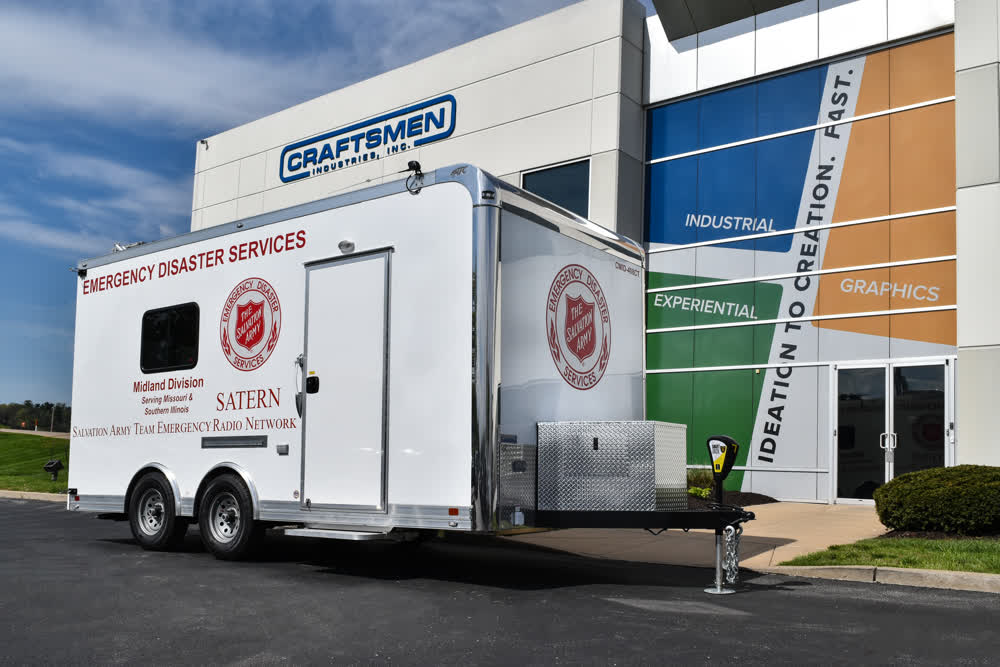
Enclosed trailers can serve many purposes, and the possibilities are endless when discussing their uses. With the right customizations, you can use them as a food truck, training classrooms, storage units, kitchens, etc. Whether you use a trailer for camping or to run your business, you must insulate it. But how to insulate enclosed trailer?
We will show how you can insulate your enclosed trailer efficiently and why it’s important to do it. Also, you can learn the important factors you should consider in order to choose the right insulation material.
Without any delay, let’s discuss the steps you will have to follow to do the job effectively.
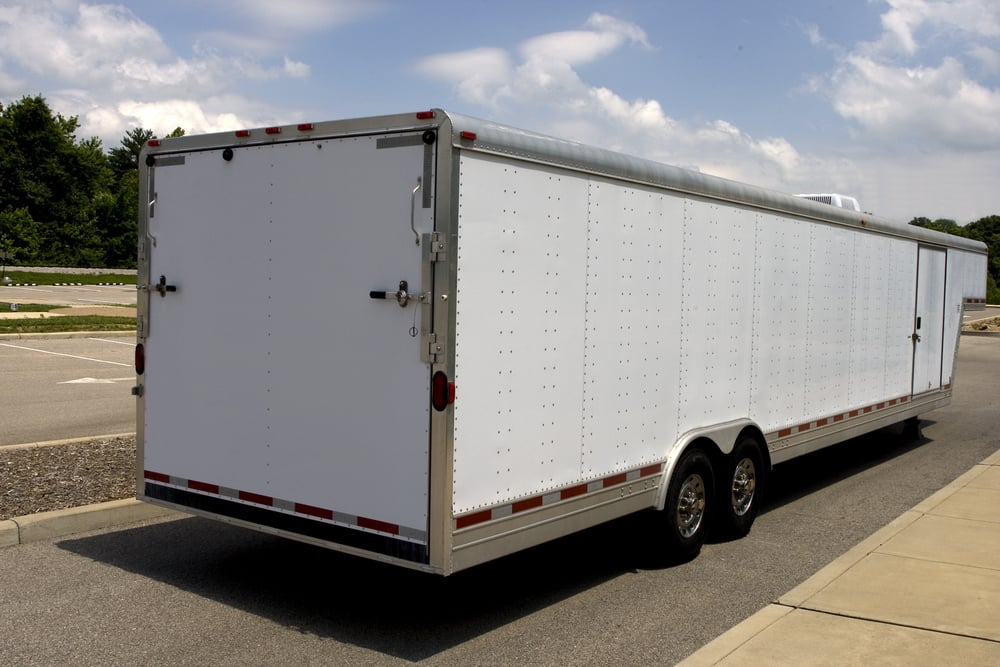
The exterior of a trailer is directly exposed to weather conditions, so it’s important to paint it. You should get the required amount of insulating paint and paint the outside of the trailer, including the roof and side walls.
Once you finish with the exterior, it’s time to move inside. You should remove the pre-existing panelling (if any) and thoroughly clean the inner walls. You can use a 10-to-1 dilution of dishwashing detergent or any other suitable option to do the job. Rinse the walls with clean water and follow the same steps to clean the floor.
Important note: Before you remove pre-existing panelling or liner, ensure that your trailer will remain under warranty after making the alterations.
Insulating the walls is one of the most important steps for consistent temperature maintenance, as heat can easily transfer through the walls. Fibreglass and spray insulation foam are two of the best options for wall insulation.
Before installing anything, you must measure the walls from the inside to do the job effectively. After that, you can install batts and rolls (often called blankets), which are commonly available in different widths.
Some people ignore this step, which is a big mistake, as heat can enter/leave the trailer from underneath. You can install a new layer of wooden flooring on the existing floor to strengthen the insulation.
Moreover, you can install skirting to stay protected in extreme cold. You can wrap a piece of fabric around the trailer’s bottom, which will prevent heat transfer from underneath.
Depending upon your requirements, your trailer may have one or more doors, and they can also be a weak link. While some trailers have dirt-tight doors and may not need further insulation, it’s important to prevent air leaks, as it will promote heat transfer.
If your trailer doesn’t have an energy-efficient door, you can use a thermal curtain on the outside and seal the gaps (if any).
The last step is to insulate the windows. Your trailer may or may not have windows, but if it does, you have to insulate them to maintain the desired temperature. It’s important because most trailers have single-pane windows, which aren’t too efficient against noise and temperature.
You can cover the windows with bubble wrap to prevent the heat from entering/leaving the trailer to some extent and allow the light inside. However, if you don’t have budget issues, you can choose a more expensive option and replace the existing single-pane windows with double/triple-pane ones.
Now that you know how to insulate enclosed trailer, you can easily get the job done. However, some people wonder if insulating a trailer is important or not, and if you are also one of them, read the following section carefully.
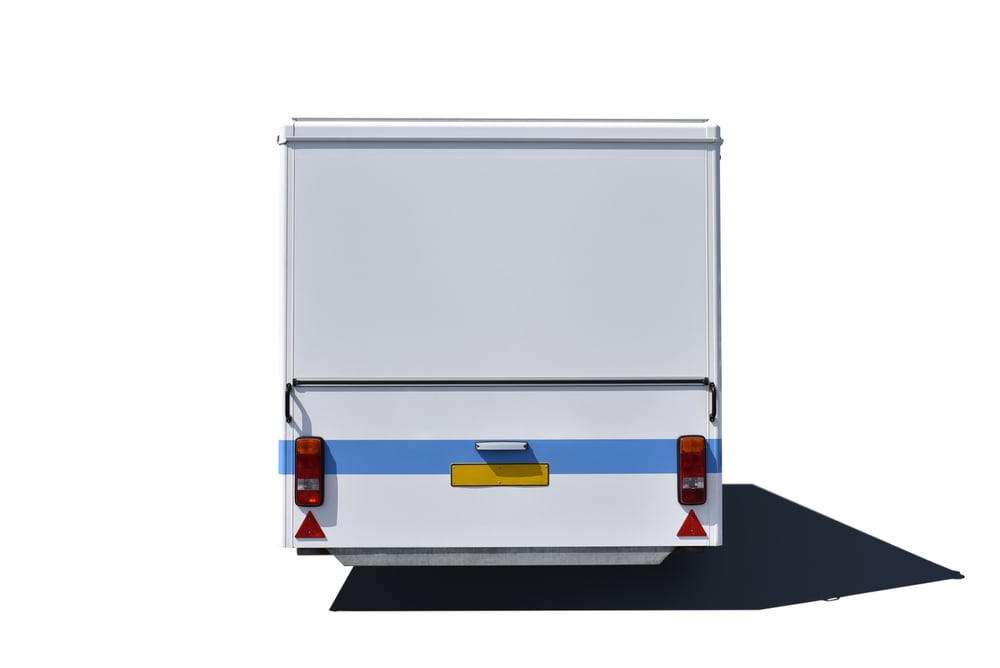
Would you like to live or spend time in a room with nothing but a layer of metal to protect you against the elements? Certainly not, right? The trailer’s interior will be exposed to outside conditions/elements without insulation.
With proper insulation, you can slow down heat transfer. The type of material you use for the insulation will also affect heat transfer, so you should choose the right option for the best results.
Altogether, insulation can help you keep the trailer's interior warm and cozy in the winter and cool in the summer. You and the stuff inside it won’t freeze or boil in extreme weather conditions.
From bubble wrap to fiberglass, you will find many insulation materials on the market, all of which have pros and cons. Insulating the trailer isn’t a job you would want to do every other month, so it’s better to pick the right options in the first place.
While there are many factors to consider when picking an option, four of the most important factors are ease of installation, cost, R-value, and thickness.
Besides these four factors, you should consider your requirements.
We hope you have understood how to insulate an enclosed trailer. You will have to spend money to insulate the trailer, but it will ensure a safe and good environment for you in all weather conditions. You can run your business smoothly even in extreme cold, so it’s worth the investment.
Hiring a professional to do the job can be a good option. But if you want to save money, you can do it yourself.
While it’s not a difficult job, some steps can be tricky, especially if you have little to no experience in the field. In such a case, you should contact a professional before jumping into anything.
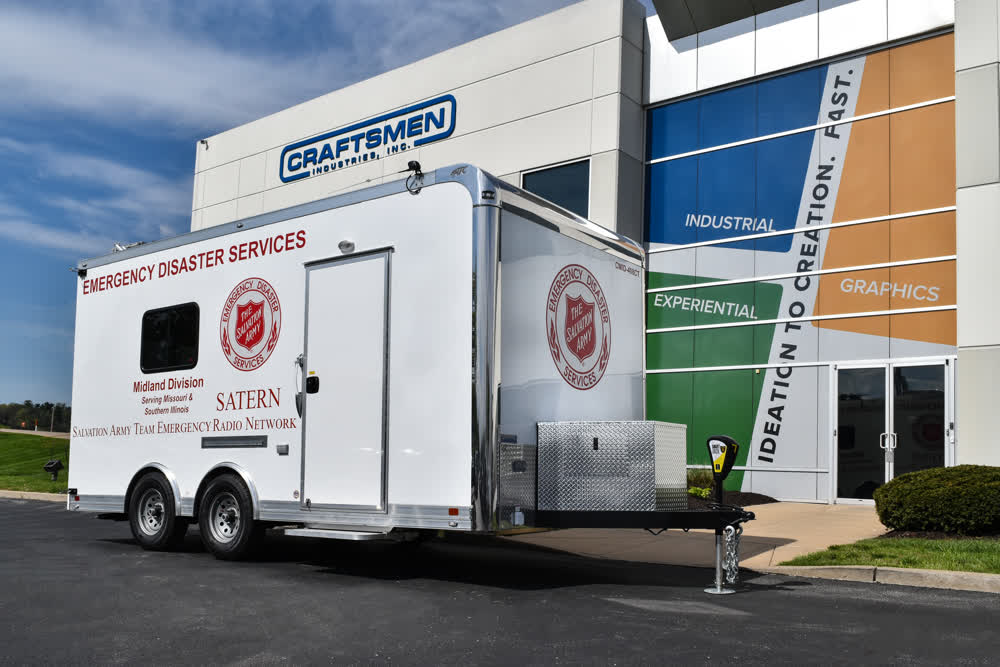
There can be many reasons for needing to repurpose your trailers. Knowing how to turn a utility trailer into an enclosed trailer will save you...
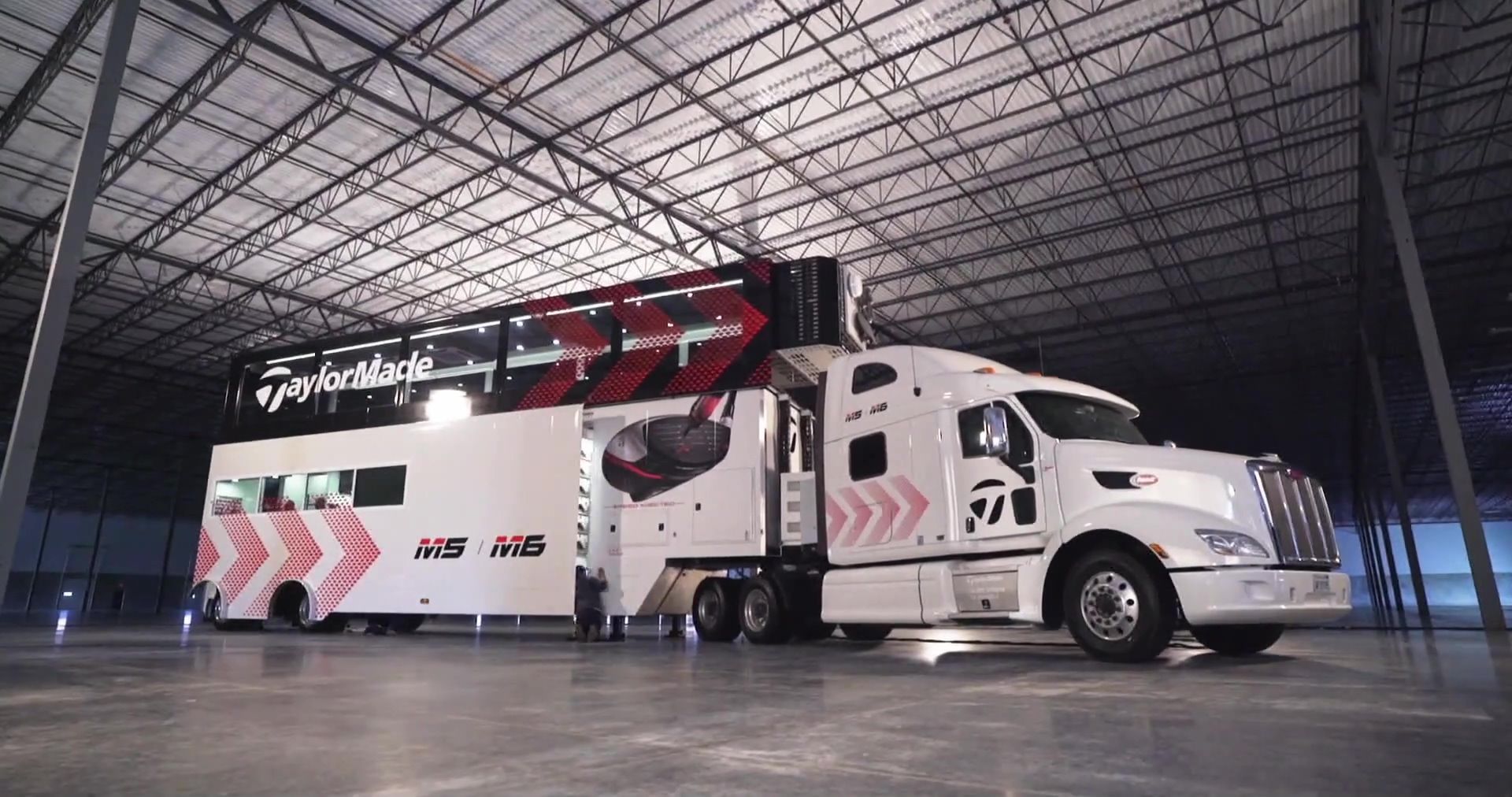
Whether you know him as Hawkeye from The Avengers or as the agent from Mission Impossible, Jeremy Renner has won over the hearts of many fans. So...

Music festivals, rodeos, sports events and main streets throughout the country all have one thing in common: food trailers. Supplying the masses with...